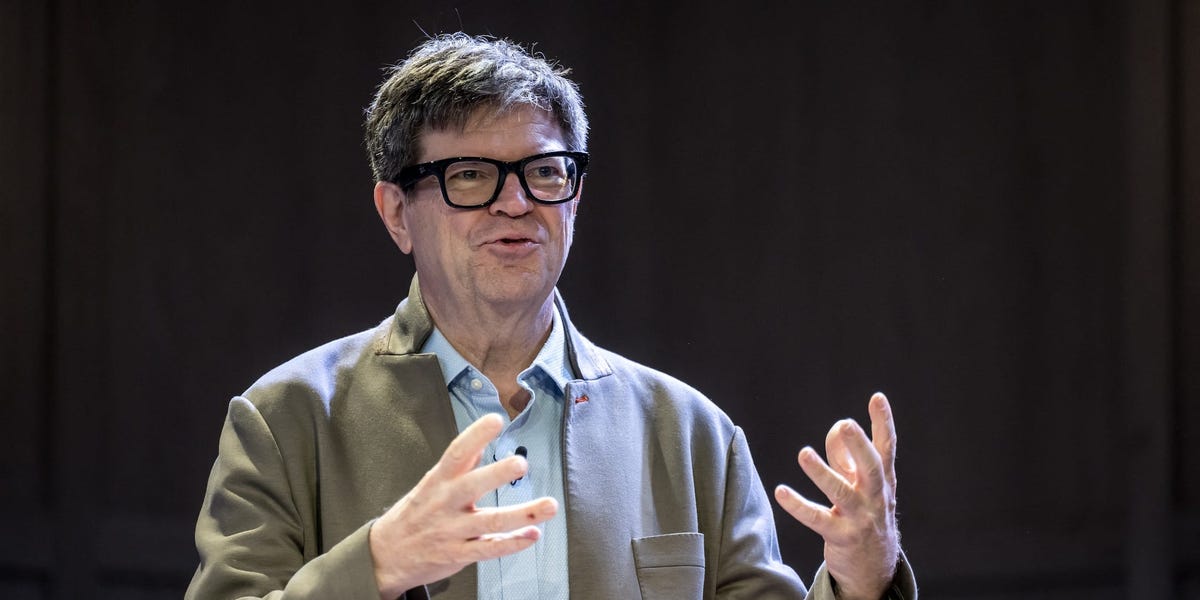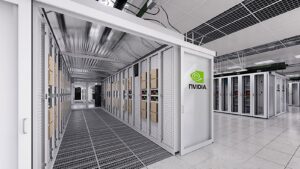Meta’s Chief AI Scientist Asserts Humans Will Lead AI Development

Understanding Artificial Superintelligence
What is Artificial Superintelligence?
Artificial superintelligence refers to advanced AI systems that surpass human cognitive capabilities. This concept evokes both excitement and fear among experts, as it raises questions about the future relationship between humans and machines.
Perspectives from Industry Leaders
Yann LeCun, Meta’s chief AI scientist, recently discussed the future of AI during Nvidia’s GTC conference. He emphasized that while AI has the potential to become more capable than humans, he believes humans will always remain in control. This viewpoint echoes a sentiment shared by many in the industry, including NVIDIA’s chief scientist, Bill Dally, who likened AI to “power tools” rather than a replacement for human workers.
The Human-AI Partnership
LeCun highlighted that rather than viewing superintelligent AI as a threat, people should see it as an opportunity for collaboration. He stated, “Our relationship with future AI systems, including superintelligence, is that we’re going to be their boss.” This suggests a vision where humans leverage the capabilities of advanced AI to enhance productivity and decision-making processes.
Challenging the Doomsday Scenarios
The notion of AI leading to disastrous outcomes is prevalent in discussions about superintelligence. High-profile tech leaders, such as Sam Altman from OpenAI and Elon Musk from xAI, often allude to these risks, describing the emergence of a superintelligent AI as a pivotal moment in human history. They argue that while scientific advancements will flourish, there are also dangers that could jeopardize human existence.
LeCun, however, disagrees with this catastrophic view. He has referred to the idea of superintelligence overthrowing humans as a “sci-fi trope” and points out that such scenarios do not align with current scientific understanding. In a public post, he mentioned that the emergence of superintelligence would not occur suddenly and that we currently lack a framework for developing such systems.
The Need for Better AI
During the conference, LeCun acknowledged that while there are valid concerns regarding the misuse of AI and its reliability, the solution lies in developing more advanced AI systems. He stated that improvements in AI’s reasoning abilities, common sense, and self-assessment of answers would be crucial in minimizing these risks. “The fix for this is better AI,” he affirmed, signaling the importance of continuously improving AI technology to address its limitations.
Key Takeaways from LeCun’s Insights
- Control Remains with Humans: LeCun firmly believes that humans will maintain authority over AI systems, emphasizing cooperation instead of conflict.
- Skepticism of Catastrophe: He is critical of alarmist predictions surrounding superintelligence, promoting a balanced understanding of the technology.
- Focus on Improvement: LeCun insists that enhancing the capabilities of AI systems is essential for addressing challenges like misuse and reliability.
The Future of AI and Humanity
As the field of artificial intelligence continues to evolve, the discourse surrounding superintelligence remains crucial. It highlights the need for ongoing research, ethical considerations, and thoughtful integration of AI into our lives. With insights from experts like LeCun, the narrative surrounding AI is not solely about the potential threats but also about how it can serve humanity in a positive and productive manner.
The balance between harnessing AI’s potential and ensuring safety will likely shape the landscape of future innovations. Emphasizing human oversight while striving for better AI solutions could pave the way for a harmonious relationship between humans and machines.



